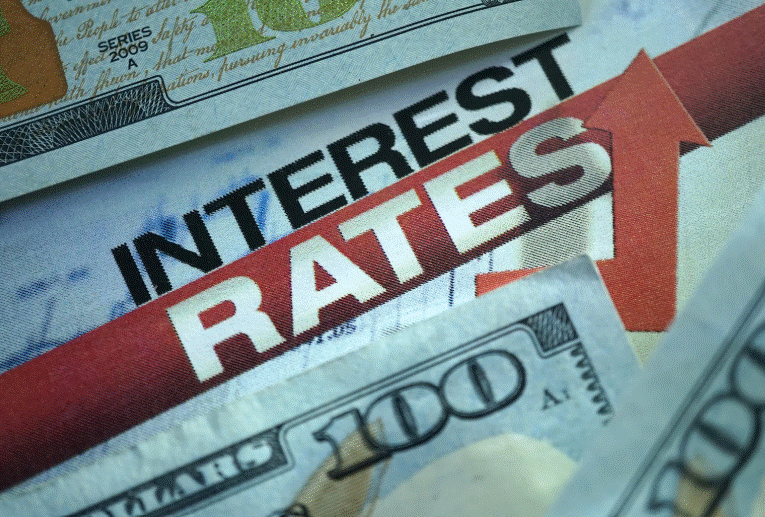Entrepreneurs are as old as the republic...and older. Depending on one's own land, effort and ingenuity for a livelihood was a given for the earliest settlers. Self-employment, in those times, was employment in the home of the brave. Those employed by others were accorded less respect in many quarters. Have times changed! The intrepid small business owners and sole proprietors are now often considered less reliable, especially in the realm of credit and finance. Yet they have the same financial needs as their corporate-serving peers. Among them is a place to live and their own property to take care of.
How, then, do self-employed people qualify for a mortgage? They usually receive income from multiple origins and with multiple tax implications. Needless to say, their annual 1040 tax filings may not fully represent everything received in any given year. A large chunk of self-employed income is written off as business expense, reducing taxable income significantly. With this incomplete revenue profile, a home loan underwriter would find it difficult to calculate the all-important debt-to-income (DTI) ratio to the applicant's advantage. Difficult, but not impossible.
There are options for entrepreneurs when seeking a mortgage. On the one hand, the applicant has to pay more to get a home loan. On the other, the borrower has to pay more to get one. The difference is in how they pay and to whom. For instance, a self-employed business owner can apply for the same traditional 30-year fixed rate product as a typical W-2 employee borrower. The challenge is in that pesky DTI. Lenders like to see this figure rise no higher than 43 percent. To cross that threshold into an acceptable ratio, the self-employed loan-seeker can take fewer deductions thereby increasing the taxable income. Combined with a record of consistently stable work and good credit, this applicant might get a conventional loan at a competitive rate.
If the tax filing option is unacceptable, the borrower-entrepreneur can opt for a more expensive loan, i.e. a higher rate and higher down payment/equity in relation to home value. Although pricier, this avenue is usually faster in terms of processing and approval. Loans like this come with names like no doc, no income verification and bank statement loans. Common among them is that there is no requirement to submit tax returns; more money up front; and generally higher interest rates. Paying more for the money, however, does not exempt an applicant from proving financial trustworthiness in the following areas:
CREDIT: Since income is taken on trust, lenders will weigh more heavily an applicant's record of paying bills on time and not carrying a disproportionate level of debt. High credit scores comfort underwriters with regard to self-employed loan candidates.
ASSETS: Another number that will offset the lack of documented income is the value of held assets. Cash reserves; money in checking and savings accounts; certificates of deposit (CDs); money market accounts; and retirement funds -- in addition to real estate and other investments -- adds up to show the applicant to have the resources to make payments in case of a downturn in business.
LONGEVITY: Lenders like to see at least two years of steady earnings for the applicant's business.
HIGHER EQUITY: The self-employed need more skin in the game. A larger down payment, e.g. 30 to 40 percent of home value, may be required. Owner occupancy also works in the borrower's favor.
By the way, there may be lenders who will sharpen their pencils to add tax deductions back when considering income. This, however, is tedious and time-consuming. If they are busy, consider the alternatives noted above.





